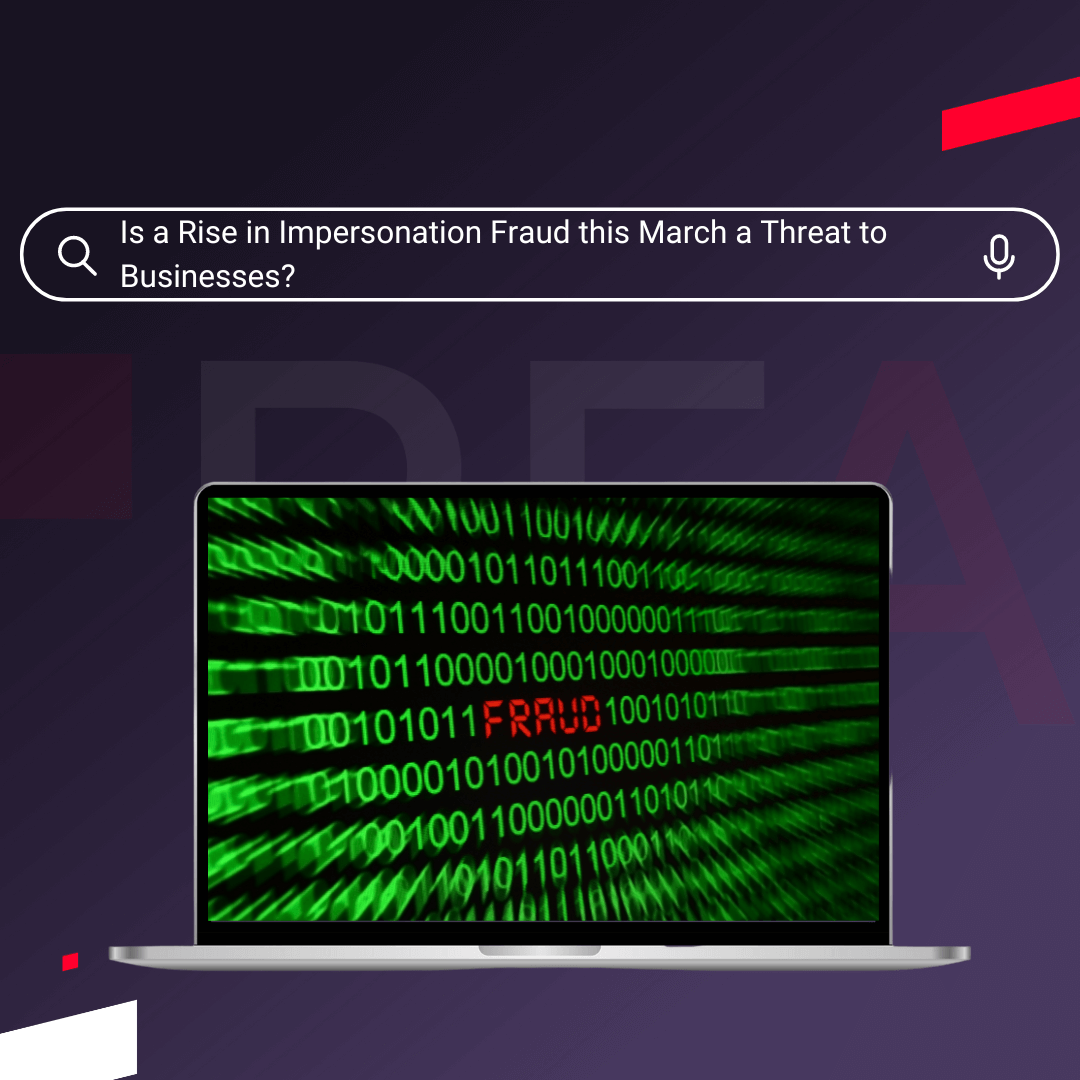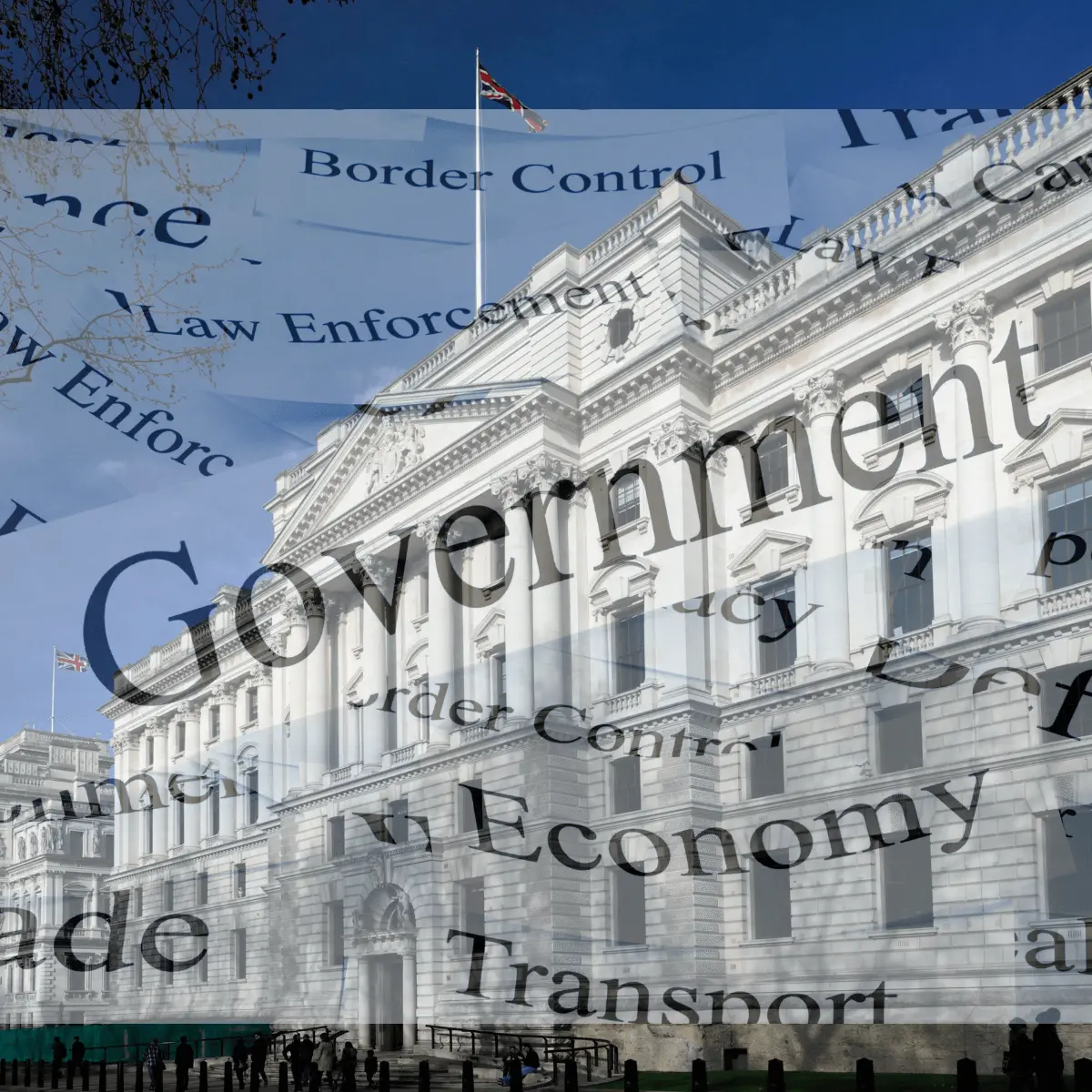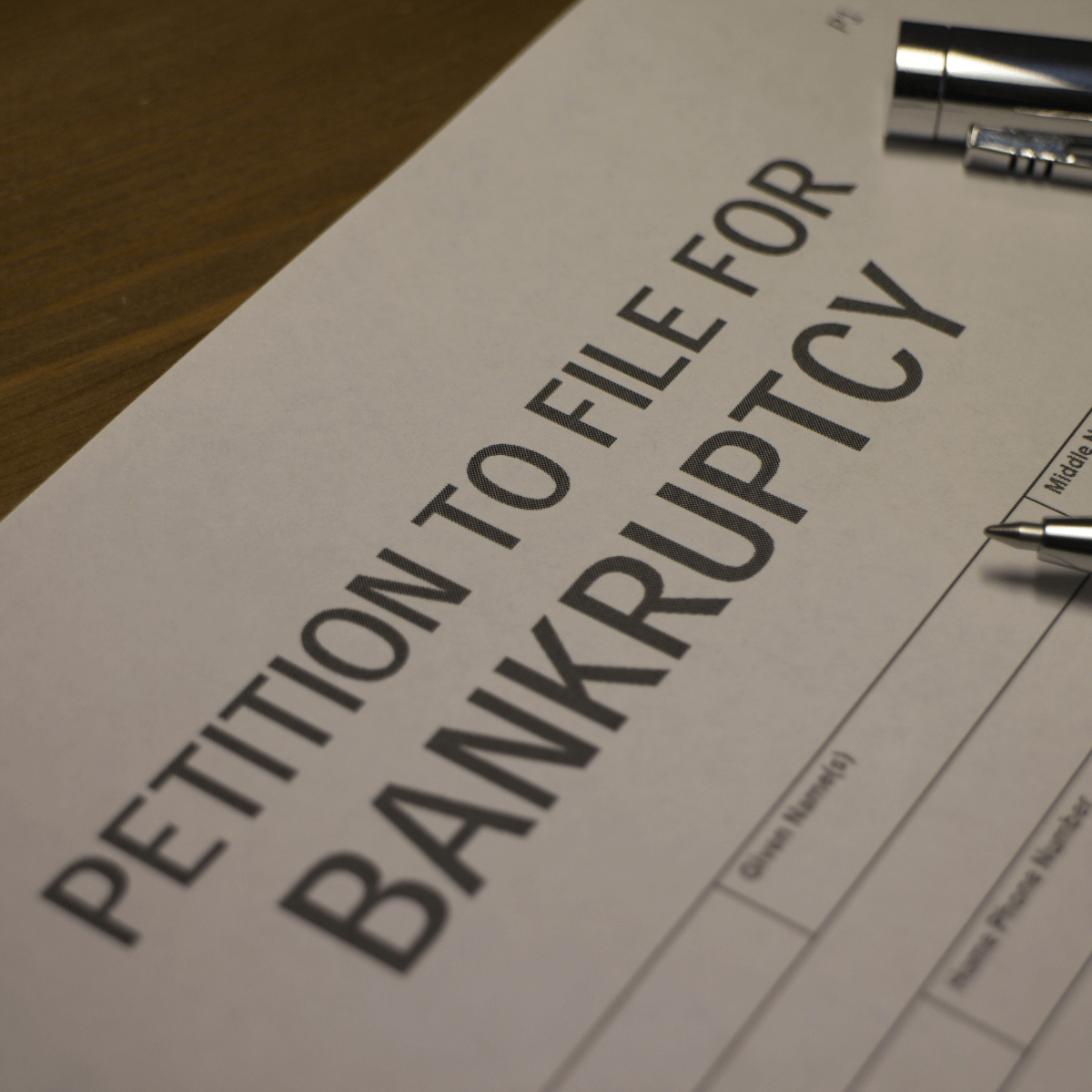According to our latest analysis, 135,760 London companies are now at serious risk of failure.
- The number of struggling London businesses has increased by 4% since Q1 2020.
- 135,760 of the capital’s companies are now in significant financial distress.
- The total number of struggling businesses in the UK has reached 527,000.
- The country has seen seven consecutive quarters of rising financial distress.
This figure represents a 4% increase in the number of struggling companies in the capital since Q1 this year and a 10% rise compared to Q2 2019.
These percentage increases are each 1% above the national figures, with the total number of UK companies in significant financial distress now standing at around 527,000 – an increase of 33,000 since the beginning of the year.
Our data shows that the industries that have seen the highest increase in distressed businesses since Q1 are food and drug retail (6%), logistics (5%), property and construction (4%), bars and restaurants (4%), food and beverage (4%) and professional services (4%).
Focus: Bars and Restaurants
The immediate assumption is that the rising trend of struggling businesses stems from the disruption caused by Covid-19.
In reality, it’s too soon for its impact to be seen in terms of corporate financial distress – meaning many of these issues were pre-existing.
Bars and restaurants are a good example of how the challenges facing the economy aren’t just down to coronavirus.
UK hospitality recently reported that the sector’s revenues had plunged 87% during the lockdown period, with sales down by £29.6bn.
Many of these businesses did not qualify for government support and the sector was one of the last to be allowed to reopen. Even when it did, many activities such as gigs are not viable under lockdown regulations, and bars and restaurants have struggled to find ways to reopen and return to manageable revenues.
This, though, doesn’t tell the whole story. Certain parts of the industry were already experiencing difficulties before the pandemic, and many of these businesses are the ones that are now going under.
We’ve written before about the troubles facing the mid-market casual dining sector. The industry is bloated with businesses that are over-valued, shored up by debt and struggling against high costs and competition from online delivery platforms.
These companies are particularly vulnerable to market shocks – and shocks don’t get any bigger than a global pandemic.
It’s no surprise, therefore, that major high street names, including Carluccio’s, Frankie & Benny’s and Zizzi, are all closing large numbers of their restaurants, while others including Bella Italia and Chiquito have fallen into administration.
Continued Economic Pressure
Government support measures such as loans, grants, deferred taxes and furlough schemes have prevented a high number of companies from collapse, which means that there will be a corresponding spike in insolvencies when these schemes come to an end.
However, this isn’t the only pressure which businesses will find themselves under.
Crackdown on Commercial Rents
Commercial landlords have been suffering the brunt of the lockdown malaise. Many tenants have used the temporary Corporate Insolvency and Governance Act that protects them from defaulting on their bills as a way of withholding rents. However, this is set to come to an end, and many commercial landlords will be keen to start clawing back lost revenue.
Assets Devalued
Many businesses will see their assets devalued, reducing their access to finance and impacting their cash flow. At the same time, those seeking to sell off assets to offset losses will be unlikely to get a suitable value – this happened recently when Hammerson attempted to sell seven of its shopping centres for £400 million.
HMRC Will Pursue Non-Payment
HMRC has allowed businesses to defer VAT payments due to coronavirus, but this suspension will cease towards the end of the year. And once the temporary Corporate Insolvency and Governance Act comes to an end, companies will still have these VAT bills hanging over them. Some have even predicted that VAT could rise in future to help pay for Covid-19 support measures.
It will become much more difficult for businesses relying on government support to survive when the schemes come to an end, which is when we’ll start to see the effects of the pandemic more accurately reflected in levels of insolvency.
Levels of financial distress and insolvent debt are likely to spike later this year. Companies need to act now by recovering the money they are owed and reducing the risks of dealing with customers and suppliers in poor financial health. This will help businesses to protect themselves and even create growth opportunities in a turbulent economy.
Discover how Red Flag Alert’s experienced team can help you mitigate risk and protect your business. Why not get a free trial today and see how Red Flag Alert can help your business?




